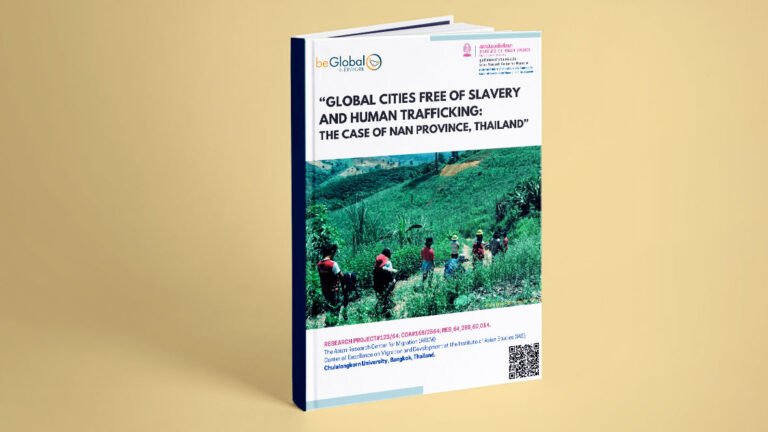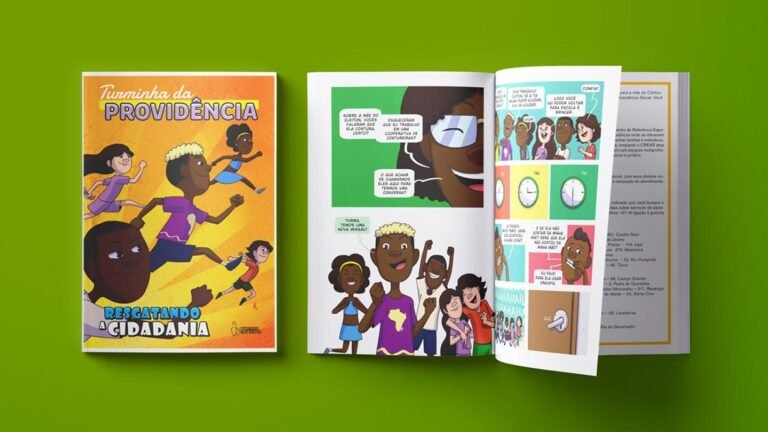The documentary rises in the midst of several intense debates on protection of labour rights, highlighting relevant institutions that work towards the fight against modern slavery in Brasil, and raising awareness to the context of slavery in the country.
With an internacional context that hingers million people worldwide, and victimizes over 369 thousand Brazilians (GS(, 2019), the documentary shows the importance to debate the problem to understand it and to guarantee the protection of labour rights.
The movie is one of the many results of a research conducted between PUC-Rio and Univeristy of Nottingham, that investigated the implementation of the UK Modern Slavery Act.
Relevant organizations were part of the documentary, where they debates how the historical construction of a colonial heritage in Brazil is central to understand the construction of public policies processes. In order to do it, the movie describes advances and setbacks, especially the desmanteling of public policies and institutions in the current days.
The participant institutions are: PUC-Rio, Repórter Brasil, InPacto, Grupo de Trabalho da Pecuária Sustentável, Grupo de Pesquisa sobre o Trabalho Escravo Contemporâneo (UFRJ), Anti-Slavery State Comission – RJ, Federal Road patrol Police, and the Labor and Employment Regional of Rio de Janeiro.
Technical Sheet:
Direction and Cinematography: Marcos Reis
Edition: Felipe Teles e Marcos Reis
Production and Screenwriting: Felipe Teles, Heloisa Gama, Marcos Reis e Silvia Pinheiro
Research: Heloisa Gama e Silvia Pinheiro
Length: 31 min




